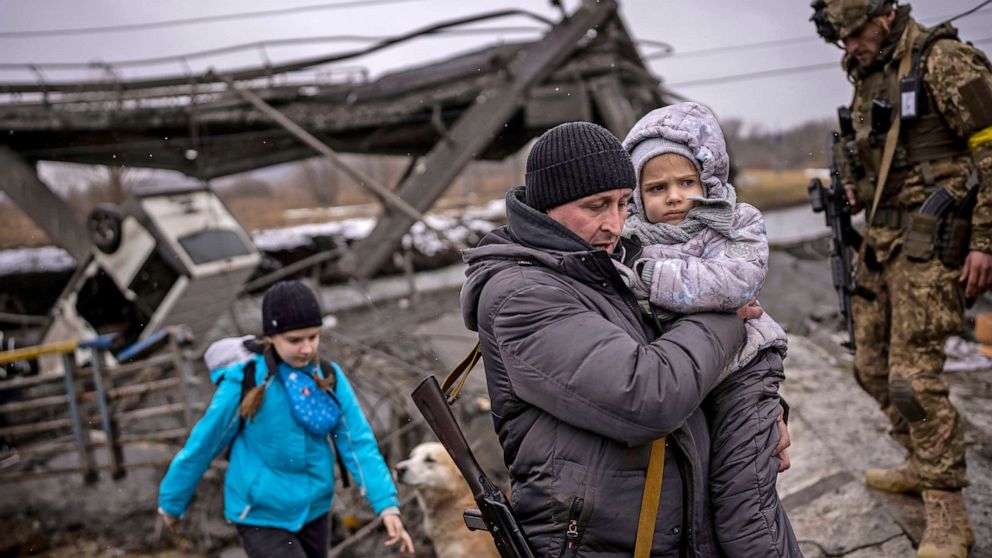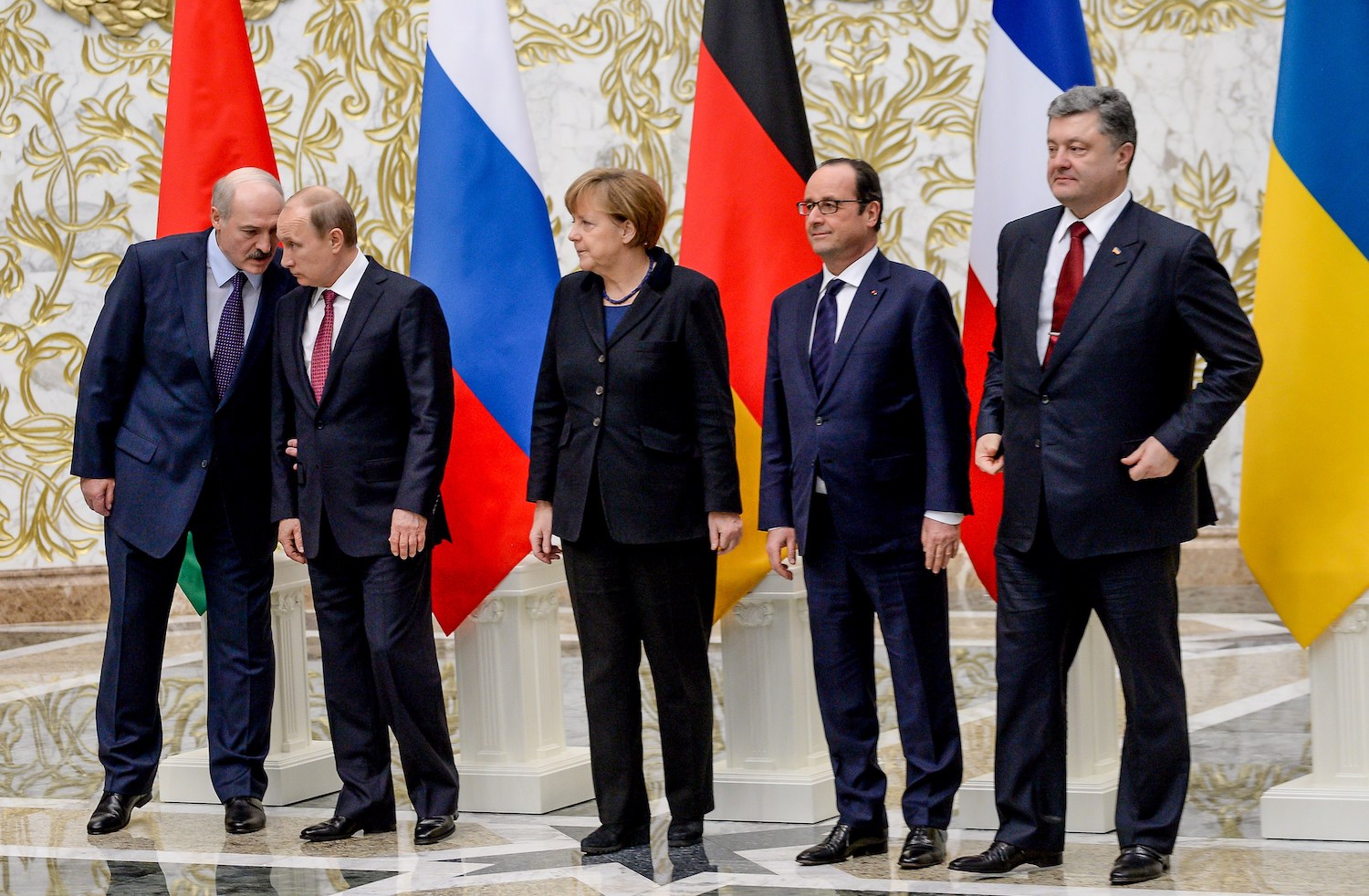


Russia's invasion of Ukraine breaches the Rome Statute and the UN Charter
Russian military action against Ukraine in contravention of international law is well-documented. Such actions include:
Russia justified its invasion of Ukraine on the basis of humanitarian action and self-defense. On the one hand, Russia claimed that Kyiv had been committing genocide in the Donbas against ethnic Russians. There is no evidence that Ukraine engaged in any of the defined actions. Moreover, even if the Ukrainian government had committed human rights abuses against Russians in eastern Ukraine, neither the Genocide Convention nor the UN Charter authorizes convention parties or UN member states to use force to remedy acts of genocide or serious human rights abuses.[1]
On the other hand, Moscow had also asserted that Ukraine was preparing to attack Russia. While international law provides for offensive military action on the grounds of self-defense under UN Charter Article 51, both of the Kremlin's rationales are unsubstantiated and are considered to have merely been pretexts for Putin to launch an invasion against Ukraine.
Bombardments of civilian populations and infrastructure constitute Crimes Against Humanity and War Crimes
Rome Statute Article 7 defines "Crimes Against Humanity" as comprising acts "when committed as part of a widespread or systematic attack directed against any civilian population" including, among others, murder. Rome Article 8 also details "war crimes" as consisting of "Grave breaches of the Geneva Conventions of 12 August 1949…against persons or property protected under the relevant Geneva Convention" including "willful killing" and "Extensive destruction and appropriation of property, not justified by military necessity and carried out unlawfully and wantonly."
Russia's attacks on civilians and non-military infrastructure violate the Geneva Conventions' and the Rome Statute's protection of non-combatants. Amnesty International has described Russia's use of ballistic missiles on population centers as "indiscriminate" and contrary to international law.
Minsk Agreements

After the collapse of the Minsk I accord that had been negotiated in September 2014, Russia, Ukraine, the OSCE, and leaders of the two separatist regions, had agreed to a subsequent treaty Minsk II in February 2015, that entailed the following provisions:
The accord suffered from several shortcomings. Article 10, withdrawal of foreign forces from Ukrainian territory, conflicted with Russia's denial that it had any military personnel in the Donbas and therefore proved difficult to enforce. Regardless, Russia's initially limited incursion on the Donbas last week and its full-scale invasion of the whole country violates Articles 1, 2, and 10 of Minsk II.[2]
Footnotes
[1] https://www.cfr.org/article/how-russias-invasion-ukraine-violates-international-law
[2] See aslo here https://www.cfr.org/article/how-russias-invasion-ukraine-violates-international-law